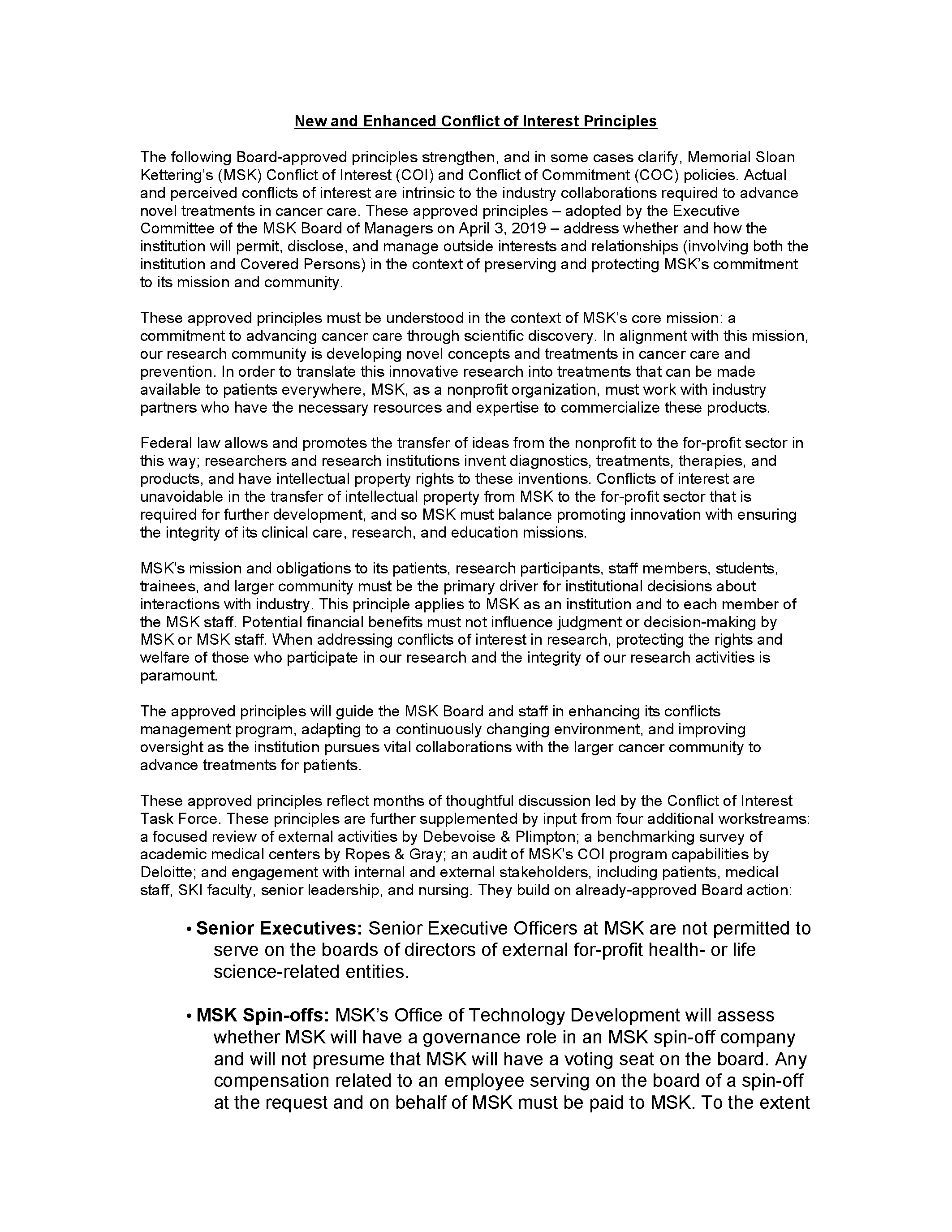What are the costs of continued smoking among patients with cancer?
Bottom Line: This study was an economic evaluation and it used a model to examine the costs of subsequent cancer treatment associated with continued smoking by patients after their initial cancer treatment failed. The model was developed to consider a host of factors, including expected initial treatment failure rates in nonsmoking patients, how common smoking…
Details









